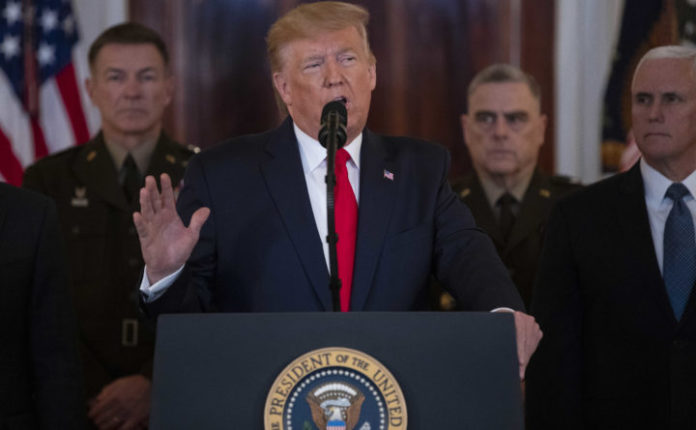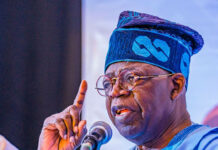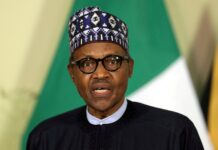
“Oh dang! I’m stuck in this hellhole and it’s all Trump’s fault!”
You or someone you know may have expressed or feel the sentiment above following Friday’s announcement that the United States President Donald Trump’s travel ban on immigration from include six countries – Sudan, Tanzania, Nigeria, Eritrea, Myanmar and Kyrgyzstan. Four of those countries are in Africa.
Trump first signed a controversial travel ban just seven days after taking office in January 2017, arguing it was vital to protect Americans. The ban initially excluded people from seven majority-Muslim countries, but the list was modified following a series of court challenges.
Ironically, this updated travel ban is coming a year after Trump’s administration announced that a major pillar of its new strategy for Africa was to counter the growing influence of China and Russia by expanding economic ties to the continent.
What Does The Travel Ban Mean?
A closer look at the ban shows that it is not a ‘blanket ban’ as many have decried. On the surface, the ban appears to be a collective punishment for the sins of our ‘longer throat’ Nigerians whose only crime is wanting ‘better lives’ for themselves and their families. The US wants better as well and that is why despite the ban, Nigerians would still qualify for tourist and business visas.
Why The Ban?
Why then is the US shutting its doors on Nigeria, Africa’s biggest economy at this period? The White House has an explanation:
The six affected countries added to the ban list did not comply with identity-verification and information-sharing rules.
In the case of Nigeria, Africa’s most populous nation is believed to harbour terrorists that may seek to enter the United States. What do you know? We have the Islamist extremist and terrorist group Boko Haram to thank for our inclusion on the travel ban list.
Who Is Affected?
What happens to the Nigerian youths seeking greener pastures in the United States with hopes of achieving the American dream? What is the fate of the newly married ‘Ikenna’ hoping to bring his beloved ‘Chichi’ to join him in the United States for a better life? Or the heavily pregnant Bolanle hoping to have her first child in the United States so her baby can have a green card? The dream of that better life was attainable until Friday’s bombshell.
These are the categories of those affected:
Immigrants from Nigeria and three other countries no longer will be eligible for visas allowing them to live in the United States permanently, the White House said Friday. Immigrant visas were targeted because people with those visas are the most difficult to remove after they arrive in the United States, U.S. officials said.
With the new ban, the US said it would suspend the issuance of visas that can lead to permanent residency for nationals of Nigeria, Eritrea, Kyrgyzstan, and Myanmar.
Sudanese and Tanzanian nationals will no longer be allowed to apply for “diversity visas”, which are available by lottery for applicants from countries with low rates of immigration to the US.
Furthermore, non-immigrant visas given to people for temporary stays including visitors, those doing business or people seeking medical treatment would not be impacted by the new rules. , Exceptions are also available for students and those with “significant contacts” in the US.
In summary, the US wants you only if you are bringing money to its economy.
The Nigerian Government’s Reaction
Following the travel ban placed on Nigeria, President Muhammadu Buhari has established a committee “to study and address the updated U.S. requirements,” presidential spokesman Femi Adesina said Saturday.
“The committee will work with the U.S. government, Interpol and other stakeholders to ensure all updates are properly implemented,” Adesina said in a statement.
The new US rules will come into effect on 21 February but will not apply to official, business and tourism visas, Buhari’s office said in a statement on Saturday.
On his part, former vice-president of Nigeria and 2019 presidential aspirant Atiku Abubakar said the United States instead should “consider adopting measures that individually target those in government who have failed in their duties, rather than target the entire Nigerian population.”




